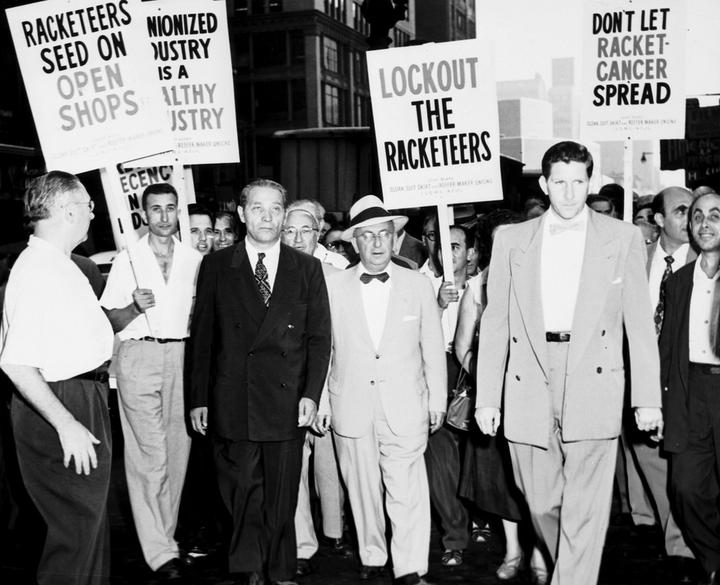The Imperfect Union: Labor Racketeering, Corruption Exposure, and Its Consequences (job market paper)

Abstract
Can exposing corruption have unintended negative consequences? I tackle this question in the context of labor unions in the U.S., where the U.S. Senate McClellan Committee (1957-1960) publicly exposed corruption and organized crime infiltrations in their ranks. Using a difference-in-differences identification strategy and novel data, I examine the consequences of the Committee’s investigation on unionization, the capacity of unions to mobilize voters during elections, and their ability to influence public policy. I study both the direct effects of the investigation in areas where investigated union locals were present and the indirect effects (or spillovers) in areas where no investigated union locals were present. First, I find that the negative spillover effects on unionization were stronger than the direct effects. Second, I show that the investigation caused a persistent decrease in the capacity of unions to foster voters' political participation in presidential elections. Finally, I provide evidence suggesting that the spillovers are at least partially explained by a large-scale news and reputation shock that had negative consequences on the entire American labor movement.